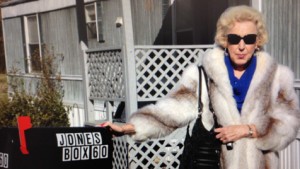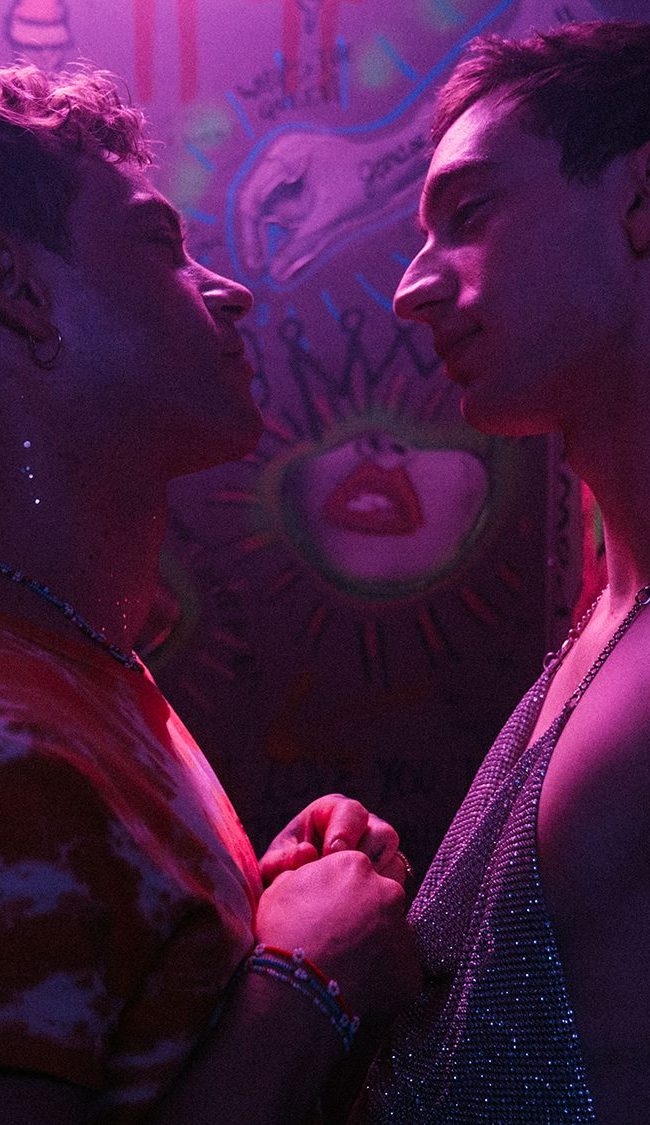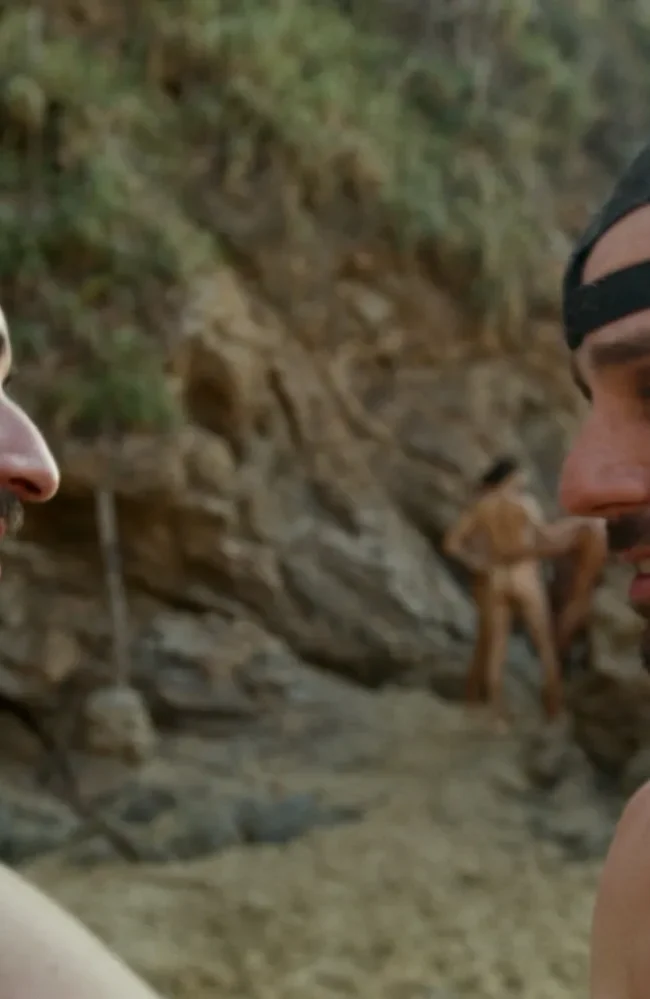THE JONESES

(The 59th San Francisco International Film Festival ran April 21-May5. Stay tuned to HtN for reviews as they start pouring in!)
It shouldn’t be too much to ask of the world to let us live our truth. And yet, for Jheri Jones, and an estimated .3% of American adults identifying as transgender, it often seems an insurmountable request. It wasn’t until Jheri stopped waiting for permission that she could be truly happy. Moby Longinotto’s poignant, heartfelt, and often hilarious documentary, The Joneses, follows transgender matriarch Jheri and her family during another period of transition. Jheri struggles to find the right moment to tell her story to the grandchildren who’ve only ever known her as Grandma. Meanwhile, one of her sons, inspired by Jheri’s bravery, decides to stop hiding his true self. It’s a story filled with equal parts heartbreak and redemption, but, most importantly, it has something missing from far too many stories about transgender Americans: Hope.
Jheri Jones comes across as the picture of confidence. She rocks a rainbow swimsuit in her house and dances around her kitchen, to the slight mortification of her children. “Not bad for 74,” she says. And she’s right. What we don’t know until the film gets underway is that Jheri wasn’t always so comfortable in her own skin. In fact, she used to feel like she had the wrong body entirely. Until she was in her mid-thirties, she was living as a straight man. When Jheri finally revealed her transgender status to her wife, a Jehova’s Witness, it triggered a divorce, and a reluctant estrangement from Jheri’s children. Her wife never told their four sons why daddy left and wouldn’t allow Jheri to see them to explain herself. It wasn’t until the mother of her children passed away, that Jheri was able to reconnect with her sons and tell them the truth. Of course, the reunion was rocky at first. There was an understandable period of adjustment. Her children mourned time lost with their father. But eventually, the boys accepted their former father as their current mother, and two of them even moved in with her. They realized that the only traditional family value you really need is to love and accept one another unconditionally.
The best part of The Joneses is Jheri herself. Glamorous and charismatic, she’s a loving mother and grandmother who continues to provide for her family as much as possible. She is doing her best to make up for lost time. And not just in regard to her family. She didn’t begin to transition until she was in her mid-thirties, and didn’t receive gender reassignment surgery until she was 60. This was partly because of the era in which she was born, but sadly, things aren’t much better today. Especially not in Pearl, Mississippi where harboring such a secret can sometimes lead to murder.
The film’s release comes not long after the state of Mississippi passed legislation to allow businesses to refuse services based on religious objection. But, of course, we know the brunt of this discrimination will fall to the LGBTQ community. It doesn’t matter than Jheri is herself a devout Christian. To continue to live in the Bible Belt is a bold, brassy move. But why should Jheri have to leave her hometown, and her entire family, just so she can be herself?
At the start of the film, it seems as though it might be headed into Grey Gardens territory. The loquacious Jheri vamps for the camera and the family lives in relative squalor. But this is a story of triumph, not tragedy. Though the Joneses struggle financially, and have the occasional emotional crises or disagreement, they are a thriving and happy family. Even at 74, Jheri has a lot of life left to live. And she aims to make it fabulous. It was an honor to spend 80 minutes in her company.
– Jessica Baxter @tehBaxter)












